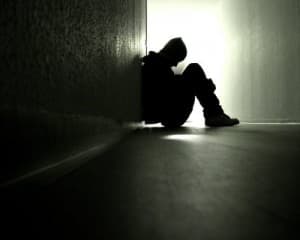By Dr Stan Steindl, Clinical Psychologist
This week is Mental Health Week and today Friday, 10 October, is World Mental Health Day. These events help to raise awareness of mental health issues and well-being in our community, as well as mobilising efforts in support of mental health. The theme for 2014 is “Living with Schizophrenia”.
The World Health Organization (WHO) describes schizophrenia as “…a severe mental disorder” with “profound disruptions in thinking…perception…” that “includes psychotic experiences, such as hearing voices or delusions”, and can significantly “impair functioning”. WHO further makes the point that, “Most cases of schizophrenia can be treated, and people affected by it can lead a productive life and be integrated in society.”
While aspects of schizophrenia, such as psychotic experiences, are more observable, a major problem for the person suffering with schizophrenia is the hidden effects of social isolation. Loneliness, an absence of social supports, and a lack of social connections such as a partner or friends can all have marked effects on a person’s mental health, including exacerbating the acute symptoms of schizophrenia, and increasing the risk of anxiety, depression, substance misuse and suicide.
For the person suffering with mental health issues, finding social outlets, connecting or reconnecting with friends and family, getting involved with the broader community, or joining a group or a club are all ways to overcome loneliness. It takes courage and effort, however getting out and about is a sure-fire way to reaping the benefits of social connectedness. If you haven’t already, try more of these yourself and see what effects they might have.
And everyone can help those who might be suffering.
For all of us, actively noticing people, especially those around us who may be socially isolated, and giving them a friendly smile and wave across the street, speaking with them, listening deeply to them, doing small acts of kindness, resisting our assumptions about the person and instead finding common ground, are all ways to create connections in the community. As a matter of fact, this will offer a greater sense of social connection to the person who might be feeling lonely, and it also makes a tangible difference to our own sense of social connection and therefore our own mental health and well-being.
Have a think about it. What can you do this week that reduces isolation and promotes the social connection amongst people around us who might be suffering from mental health issues, and also the community generally…including ourselves?
For more information on Stan and the team of Psychologists at Psychology Consultants, visit www.psychologyconsultants.com.au

You must be logged in to post a comment.